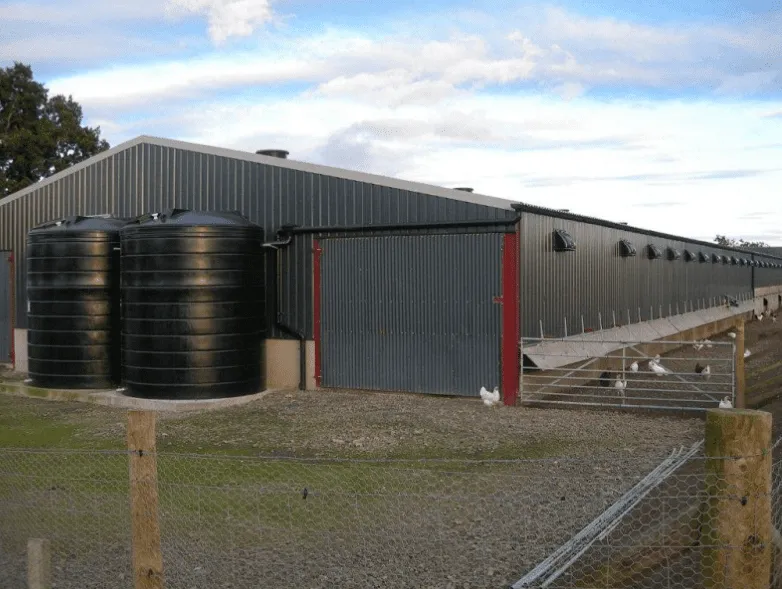As you go about your daily lives, you may or may not have noticed that various vehicles around the country – including buses and aeroplanes, make use of a chemical called Adblue. This is an additive that has been designed to reduce emissions from vehicles that run on diesel.
The Adblue chemical tank is a highly important part of the war against lowering emissions from diesel running vehicles. This DEF solution was created in direct response to the worldwide problem of pollution.
How does Adblue work?
Adblue, as a chemical, is a liquid that needs to be controlled and stored correctly in order to get the most from it. It is designed to be used with heavy duty vehicles that use selective catalytic engines, and it is of utmost importance that it is stored in the correct manner to ensure it is as effective as possible and working efficiently.
The selective catalytic reduction aspect of most modern engines allows Adblue to be sprayed into the exhaust pipe, which then aids the process of changing Nitrogen Oxide into Nitrogen. When used alongside traditional fuels like diesel, it can replace up to 5% of the fuel, thus reducing emissions in the process.
Why is this important?
Adblue was included as part of EU vehicle regulations as a means of reducing emissions from vehicles and businesses across Europe and around the world. This is an effort to ensure that emissions and subsequent levels of pollution are reduced, minimising the damage to the world in the process.
Storing Chemicals Like Adblue
The storage of chemicals like Adblue will directly affect the quality of the liquid and how long it will last. Adblue chemical tanks can come with temperature controls – this liquid should be stored between -11ºC and +30ºC to get the most out of it; and to safeguard your investment should you require it.
Tanks are available in various sizes between 1250 and 15000 litres to ensure that your Adblue needs and requirements are met with ease. Tanks are bunded to reduce the risk of overfilling and leaks affecting the environment.
For more information about chemical tank storage options and the use of Adblue, please do not hesitate to contact our team today.






























